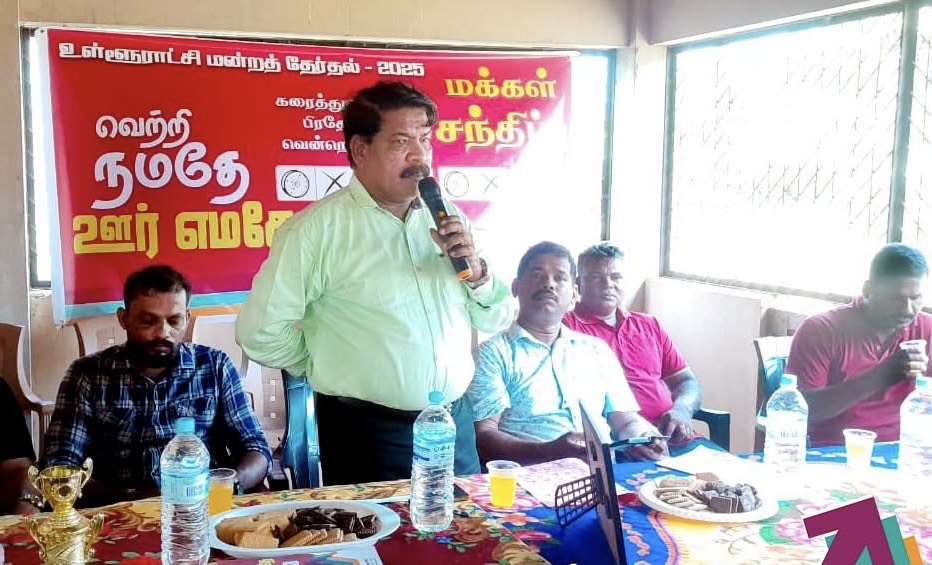Demographic, political and institutional barriers to accountability remain in Sri Lanka say panellists at UNHRC
|
Voices from the North (Uncut) from Together Against Genocide on Vimeo. |
Together against Genocide, launched its report “No Justice, No Truth: Unfulfilled Promises of UN resolution 30-1 (Promoting reconciliation, accountability and human rights)” at the 32nd session of the United Nations Human Rights Council last week.
The event saw diplomats addressed by a panel including the director of Together Against Genocide (TAG) Jan Jananayagam, Barrister at Mansfield Chambers Shivani Jegarajah, and Fellow at Stanford’s Center for International Security and Cooperation and Washington Post columnist Dr Kate Cronin-Furman.
Introducing the event, the director of Together Against Genocide (TAG) said that the report, to be released later this week, found that minimal progress had been made by Sri Lanka on the recommendations of the High Commissioner for Human Rights which were referenced in the United Nations Human Rights Council Resolution 30-1.
After outlining the methodology behind the progress report, Ms Jananayagam said,
“On looking at the recommendations of the resolution, and mapping them to which of the 33 recommendations of the Office of the High Commissioner for Human Rights Investigation into Sri Lanka’s (OISL) report they refer to, our conclusion is that very little has been implemented.”
Speaking on institutional reform Ms Jananayagam further noted the “Sri Lanka simply doesn’t have the legal framework to deal with the systemic crimes against humanity outlined in the OISL report. On security sector reform, she added that the intense militarisation of the Tamil North-East remained and raised concern at Sri Lanka’s selective attempts to vet military soldiers, stating,
“The North-East is the most highly militarised regions in the world. If Sri Lanka vets the troops it sends out on peacekeeping missions without betting those remaining on the island, it actually means that you have a higher concentration of mass atrocities perpetrators on the streets of the Tamil North-East. So partial implementation of security can be counter productive. “
Dr Kate Cronin Furman went on to highlight underlying political barriers in progressing on accountability and transitional justice in Sri Lanka.
Noting demographical challenges in Sri Lanka, Dr Furman said,
“In practice accountability and justice in places were mass atrocities occurred also depends on politics. Transitional justice is a very hard sell when either of two things are true. One is that Perpetrators remain powerful even though they are not explicitly in office. The other is when large sections of the voting population oppose accountability. Unfortunately in Sri Lanka both these things are true.”

